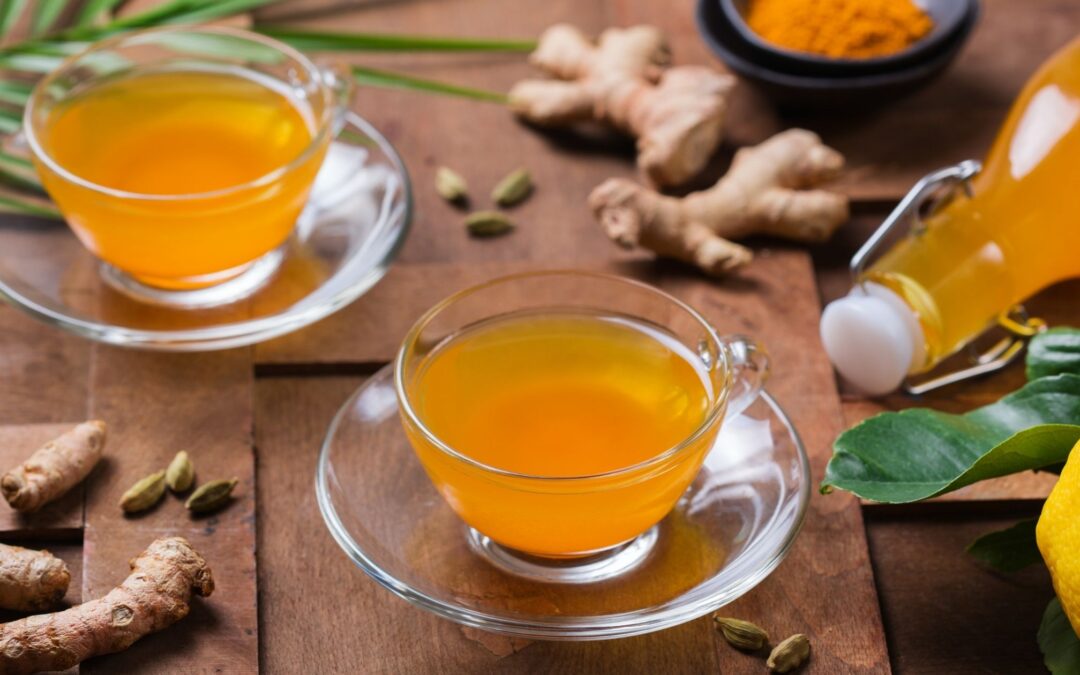So many people struggle with inflammation, especially chronic inflammation. If you read my most recent blogs, you already know the difference between acute and chronic inflammation, and what causes each of these things to happen in your body. You also have learned that food plays a big part in inflammation. What you eat can negatively impact your health, especially if you are dealing with issues like chronic inflammation.
The good news?
Just like there are foods that cause and increase inflammation…there are foods you can eat to REDUCE your inflammation.
And there are so many foods that reduce inflammation that is abundantly available and very affordable. (Sadly we don’t spend a lot of time talking about this, and the Food and Drug Administer doesn’t make this information available).
So what are some foods to get if you need to decrease inflammation?
Here’s a list of some of my favorite anti-inflammatory foods:
- Turmeric Powder. Turmeric has amazing properties – you can read all about it in my recent blog here. Bonus: take turmeric with black pepper for extra healing!)
- Ginger. Ginger is high in gingerol, a substance with powerful anti-inflammatory and antioxidant properties. Ginger may help fight harmful bacteria and viruses, which could reduce your risk for infections.
- Indian Gooseberry. Have you heard of this one? Indian Gooseberry is loaded with Vitamin-C and antioxidants. If you take a teaspoonful of this every day, you will see your Cholesterol go down, while getting a boost to your immunity–and of course a decrease and reduction in Inflammation.
- Berries: Things like blueberries produce NK cells that help your immune system function properly
- Fruits and vegetables like tomatoes, and broccoli. For example, broccoli lowers your levels of NF-kB and cytokines, both of which increase inflammation
- Avocados. Avocados are called superfoods, and it’s with good reason: carotenoids and tocopherols found in avocados are linked to reduced cancer risks, and they have even been found to reduce inflammation in young skin cells.
- Pulses. Pulses are high in fiber and magnesium, and magnesium has been shown to help reduce inflammation. Major pulses are grown chickpeas (gram), pigeon pea (tur or arhar), moong beans, urd (black matpe), masur (lentil), peas, and various kinds of beans.
You have a ton of choices for anti-inflammatory foods.
Whenever you are eating a plant-based and whole-food diet, you will live longer and healthier.
Continue to drink plenty of water, and eat foods that are rich in water, as well as nutritionally rich.
You should drink vegetable juices (start with celery juice!), soups, salads, and foods that are alkaline in nature.
If you live this kind of lifestyle, you will start to heal – without medical intervention. You will get healthy.
Consider this the first day of your life! If you want to learn more about foods that could help inflammation or have me create a personalized eating plan, schedule a free 1:1 consultation with me. I’m happy to help!

